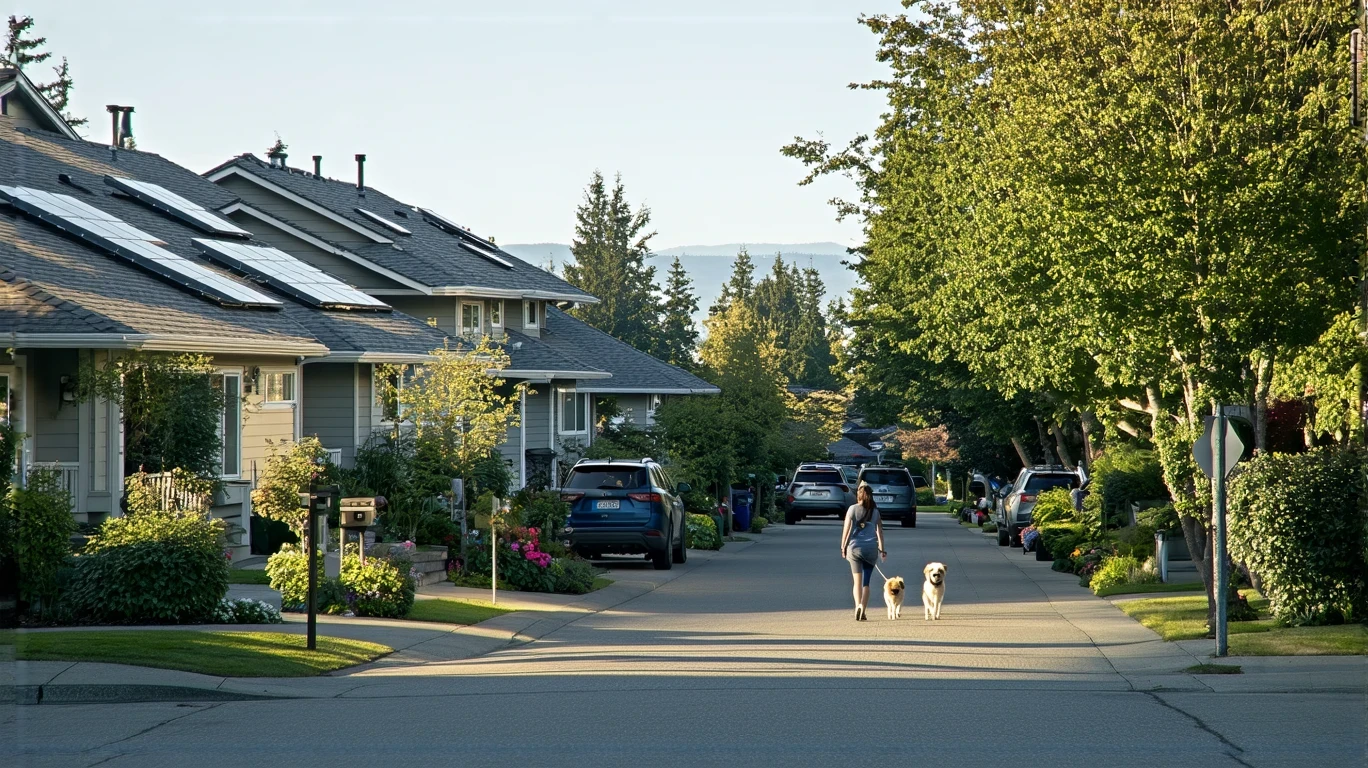
Understanding Utilities in Kirkland
Here’s what typical utility costs look like in Kirkland. For most residents, monthly utilities include electricity, water, trash collection, natural gas, and recycling. The average household spends $200–$300 per month on utilities in Kirkland, but this can vary significantly based on home size, season, and usage habits.
It’s important to note that renters in Kirkland often have some utilities included in their monthly rent. Typically, landlords cover water, trash, and sometimes even heat – but electricity, internet, and streaming services are usually the renter’s responsibility. Always clarify with your landlord what utilities are part of your lease.
Table: Monthly Utility Estimates
Wondering how much your monthly bills might run? Here’s a quick breakdown for a typical home in Kirkland:
| Utility | Estimated Monthly Cost |
|---|---|
| Electricity | $80 – $150 |
| Water | $30 – $80 |
| Natural Gas | $30 – $100 |
| Trash & Recycling | $20 – $40 |
| Total | $160 – $370 |
Estimates reflect a mid-size household in a single-family home. Your actual costs may be higher or lower.
How Weather Impacts Utilities in Kirkland
Seasonal weather patterns have a big influence on utility costs in Kirkland. While the region’s temperate climate means heating and cooling aren’t as extreme as in some parts of the country, bills still fluctuate throughout the year.
In summer, many Kirkland households see electric bills 30–50% higher than in spring, largely due to air conditioning. And in winter, natural gas costs can spike as furnaces work overtime. The cool, damp winters also mean using the clothes dryer more, which bumps up electric or gas bills.
The bottom line: expect your utility costs to be highest in summer (June-Sept) and winter (Nov-Feb) and lowest in spring and fall. Planning ahead for those seasonal shifts in your budget can help avoid surprises.
How to Save on Utilities in Kirkland
While some utility costs are unavoidable, there are plenty of ways Kirkland residents can keep bills under control:
- Sign up for off-peak billing programs to get discounts for shifting electricity use to low-demand times
- Take advantage of solar panel incentives to generate your own clean, low-cost electricity
- Install a smart thermostat to optimize your heating and cooling schedule
- Plant shade trees to block summer sun and reduce AC costs
- Upgrade to energy-efficient appliances as older ones wear out
🏆 Pro Tip: Check if your utility provider offers rebates for installing an energy-efficient AC unit or heat pump. These can cover a big chunk of the upfront cost!
FAQs About Utility Costs in Kirkland
What is the average electric bill in Kirkland during summer?
For a typical home, expect to pay $120-$180 per month for electricity in June, July and August. Bills can be even higher in a severe heatwave.
Do HOAs cover any utilities?
In most cases, no. HOA fees go toward shared amenities and maintenance, but individual units are billed separately for utilities. Always double check your HOA agreement to confirm.
Is water more expensive in Kirkland than nearby cities?
Water rates in Kirkland are fairly typical for the Seattle metro area. Some smaller towns have lower base rates, but most charge similar prices per gallon.
Smarter Utility Planning in Kirkland
While utility costs are a fact of life, Kirkland residents can avoid overpaying by understanding their bills, planning for seasonal changes, and taking advantage of efficiency incentives. With a little preparation, it’s possible to stay comfortable while keeping monthly costs in check.
Of course, utilities are just one part of the overall cost of living in Kirkland. To get the full picture, make sure to factor in housing, food, transportation and other essentials as you build your budget.
